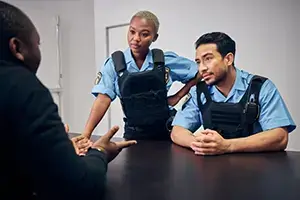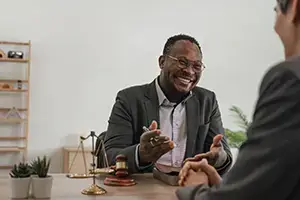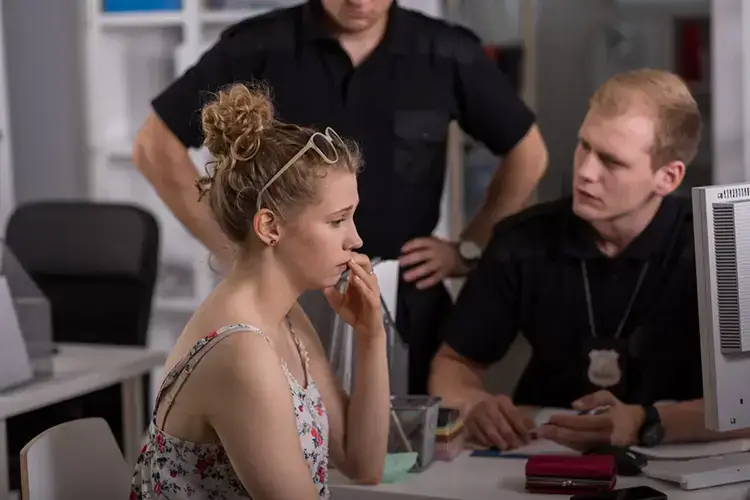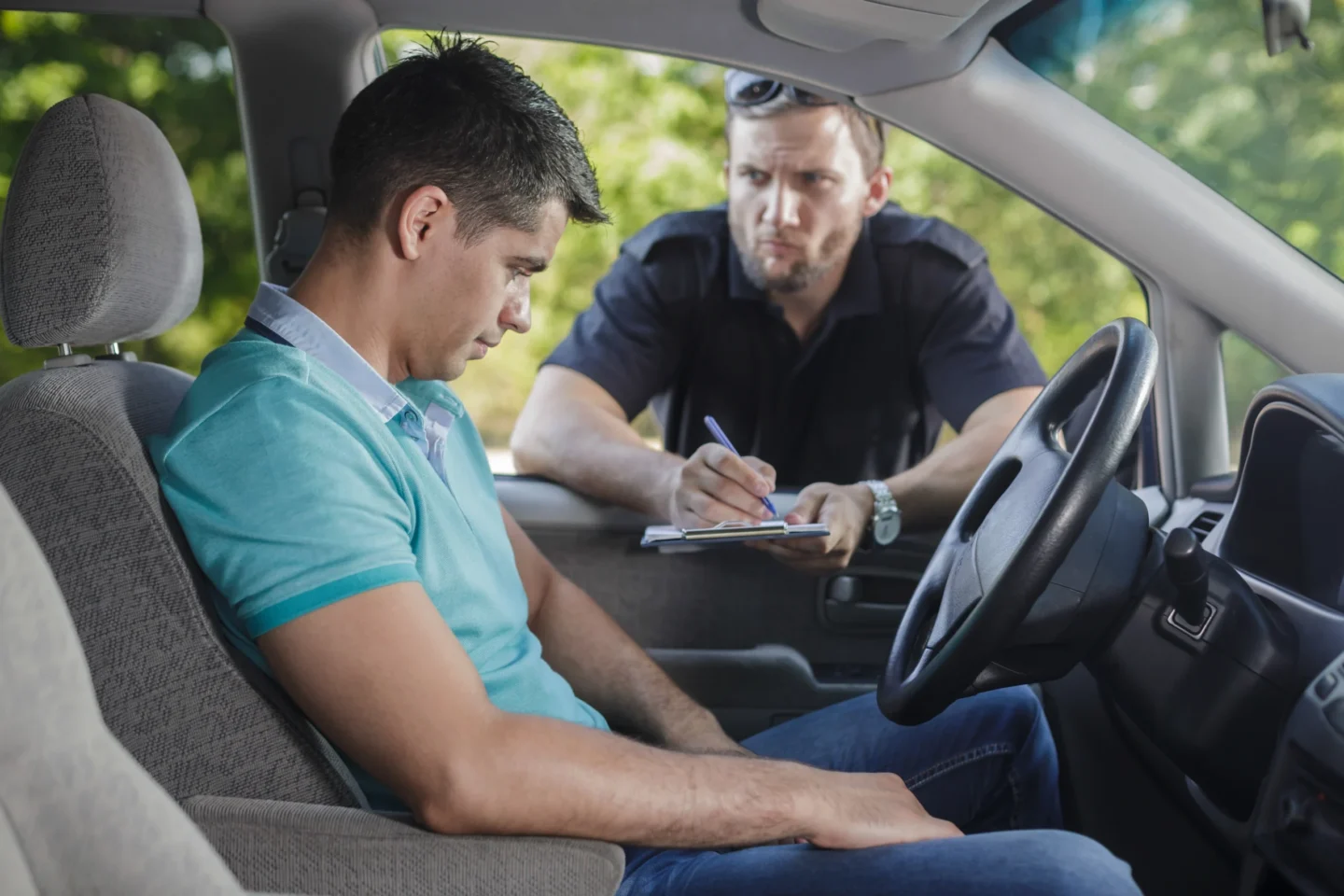
Facing police questioning can be a daunting and nerve-wracking experience. Whether you’re a suspect, a witness, or simply someone connected to an ongoing investigation, knowing how to approach such a situation is crucial. The question arises: Should you go in for police questioning in Alton, IL? In this comprehensive guide, we’ll explore the factors to consider and the steps to take when confronted with this pivotal decision.
Understanding Your Rights
Before delving into whether you should participate in police questioning, it’s imperative to be aware of your rights. Miranda rights, which include the right to remain silent and the right to an attorney, are designed to safeguard individuals from self-incrimination. These rights apply at any point during interactions with law enforcement, including questioning. Prior to agreeing to an interview, comprehend that you have the right to decline and seek legal counsel.
The Pros and Cons of Cooperation
Cooperating with the police can have both positive and negative implications. On the positive side, cooperating may help establish your credibility and willingness to assist in the investigation. If you are a witness or have information that could aid the case, providing accurate details could facilitate the process of finding the truth. Moreover, cooperating may prevent unnecessary suspicion from falling upon you.
However, the potential downsides cannot be ignored. Speaking with the police without legal representation in Alton, IL can lead to unintentional contradictions or misinterpretations of your statements, which could be used against you later. Even the most innocent words can be twisted to fit a narrative that may not align with your intentions.
Legal Counsel
Seeking legal advice before participating in police questioning is a fundamental right that can significantly impact your case’s outcome. An attorney experienced in criminal law can guide you through the process, ensuring your rights remain protected. They can clarify the scope of the questioning, advise you on what to say and what to avoid, and even accompany you during the interview. This legal support serves as a buffer between you and potential pitfalls that could arise during questioning.
Assessing Your Involvement
When deciding whether to go in for police questioning, consider your level of involvement in the case. If you are a potential suspect, even if you believe you are innocent, consulting with an attorney is paramount. Your attorney can negotiate the terms of the interview, ensuring a fair and unbiased exchange of information. For witnesses, while your cooperation is valuable, having legal counsel can help you provide accurate testimony without inadvertently implicating yourself.

Submitting Written Statements
In some situations, opting for a written statement might be a viable alternative to in-person questioning. This approach allows you to carefully craft your response with legal guidance, minimizing the risk of miscommunication or misinterpretation. While authorities might request an in-person interview, you can express your willingness to cooperate through a written statement, demonstrating your commitment to the investigation while still prioritizing your legal rights.
If you are looking for an attorney to speak to in the Alton, IL area before police questioning, call Elovitz Law Office today!



